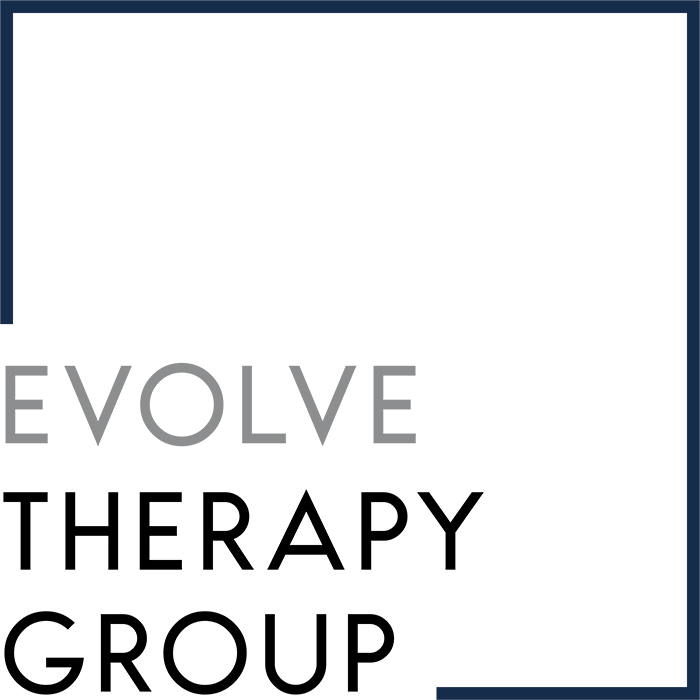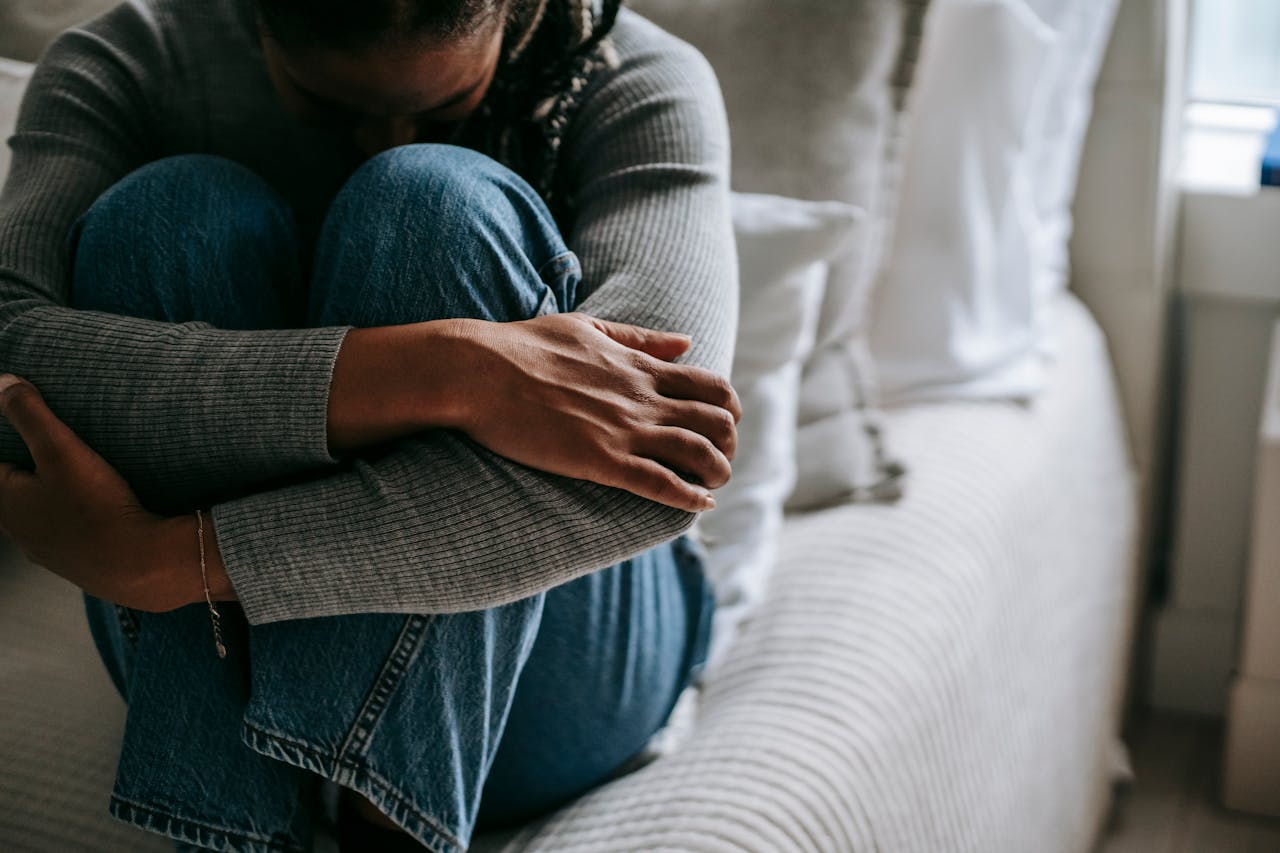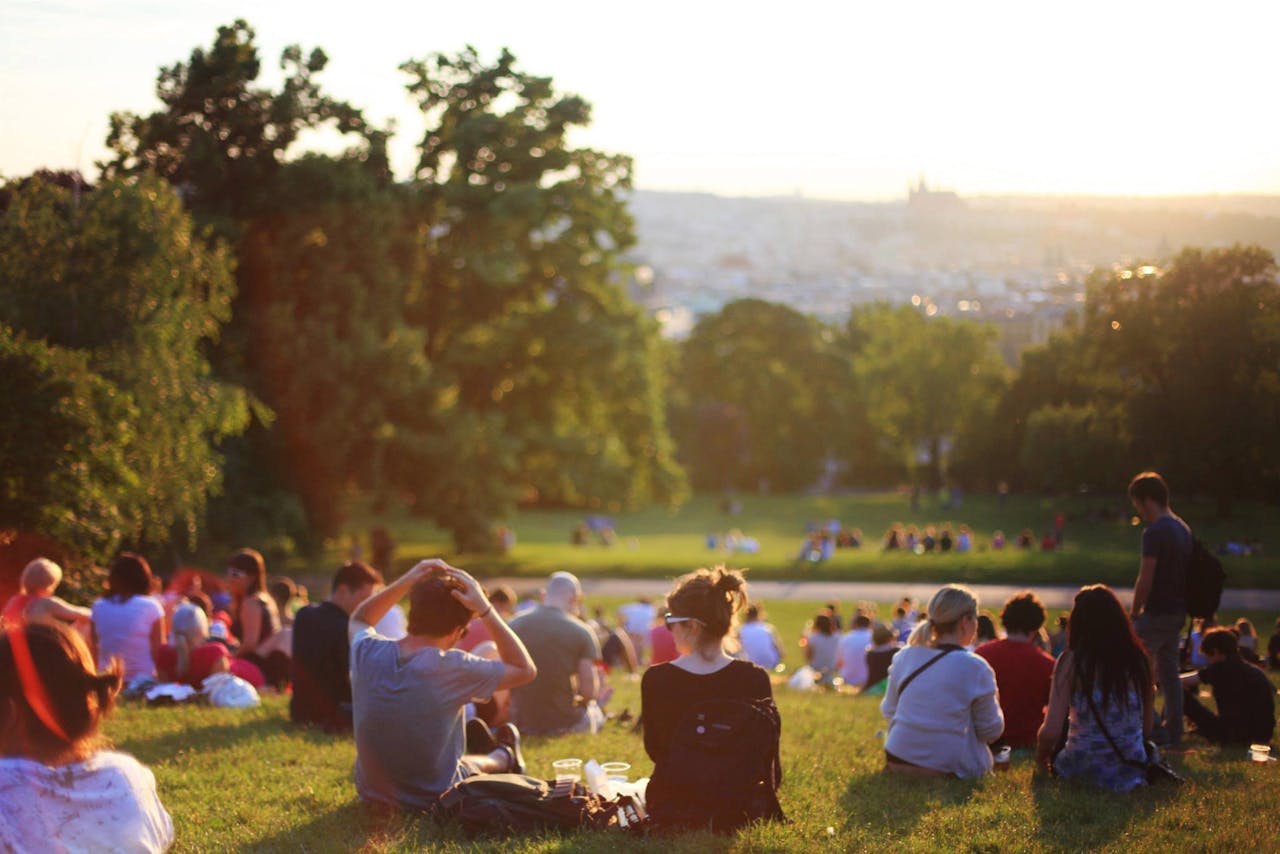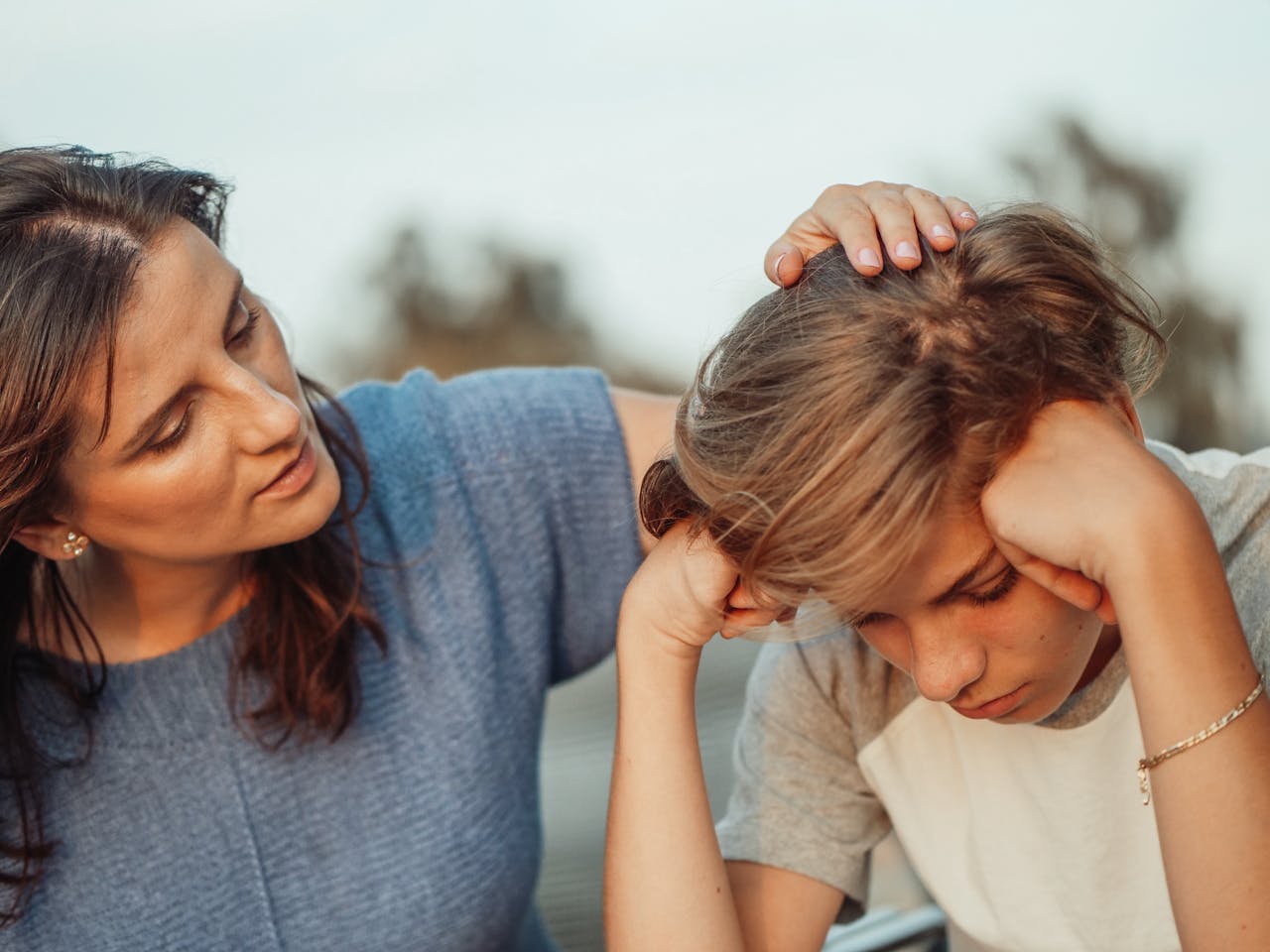By Morgan McGraw, LLMFT
Being a part of the LGBTQ+ community myself, I have experienced grief and loss in ways I never thought possible… I have lost family, friends, faith, etc. I knew as soon as I came out nothing would be the same, which is the most terrifying thought for anyone at any age. We are taught at a very young age that our worth is based on who we love – our sexual identity.
The queer community is no stranger to grief and loss. According to a study from the Williams Institute at UCLA School of Law, LGBTQ people are nine times more likely to be victims of hate crimes than non-LGBTQ people (Dowd, 2022). In the past, queer people have not been memorialized in a way that has affirmed who they loved and who they were. Since the 1980s, memorials have become more and more popular as it is a way to respect those who have gone before us. The loss is now memorialized, such as the AIDS memorial quilt, Pulse Nightclub Memorial, Stonewall National Monument, etc. These sacred spaces are being created to collectively allow the community to process the trauma, honor the victims and survivors, and bring social awareness. Memorials are a way of “resisting the erasure of queer experiences and demanding rights and respect for all” (Hernandez et al., 2021).
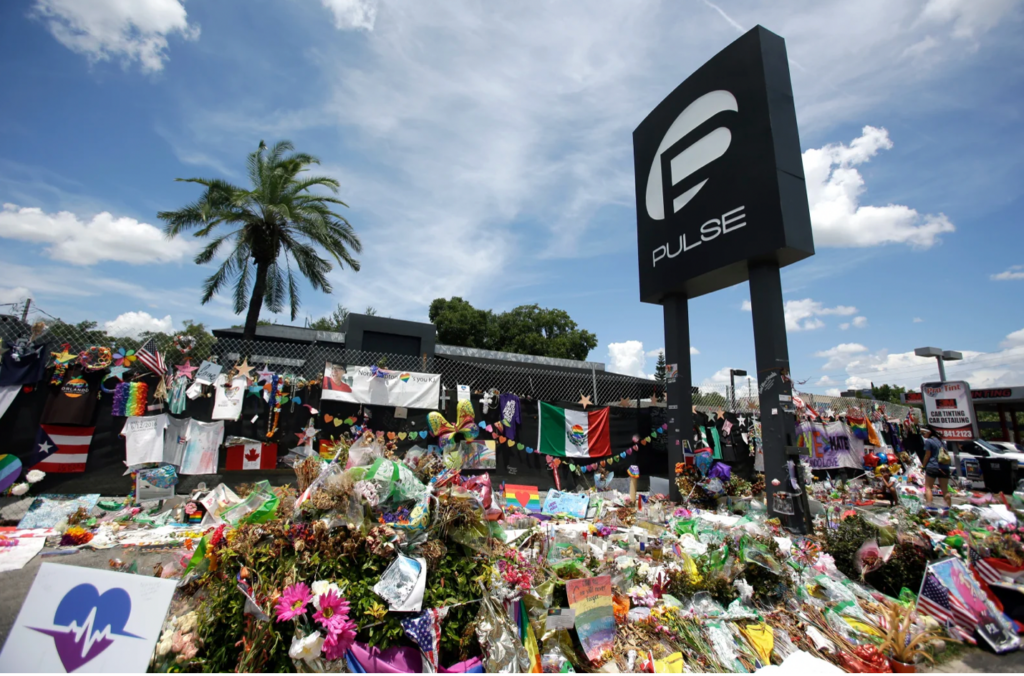
Image via John Raoux—AP

Image via National Park Foundation
Though grief and loss are inevitable, pride and strength are also what come to mind when thinking of the LGBTQ+ community. It takes immense courage and strength to live authentically as an LGBTQ+ person, facing discrimination, ignorance, and inequality every single day within society. Despite all, the LGBTQ+ community is thriving. Gay Pride is just one of those ways in which the community thrives.
“LGBT people are some of the bravest and most potent change agents and leaders I have encountered, and the most forceful defenders of the vulnerable and voiceless, because they know what it’s like to be there.” ― Ronan Farrow
Pride is an annual celebration throughout the whole month of June. It originated from the Stonewall Riots in June of 1969. By the end of the Stonewall Riots, Queer rights went from largely being ignored to being on the front of every newspaper across the globe (History.com Editors, 2023). Gay Pride is seen as a protest against oppression, while also being a safe and welcoming space for all. The atmosphere at Pride is completely unmatched – you are surrounded by love, acceptance, diversity, and respect. Of course, even if you are not part of the LBGTQ+ community, Pride welcomes all allies to participate in the events to show support and the opportunity to become educated by fellow peers.
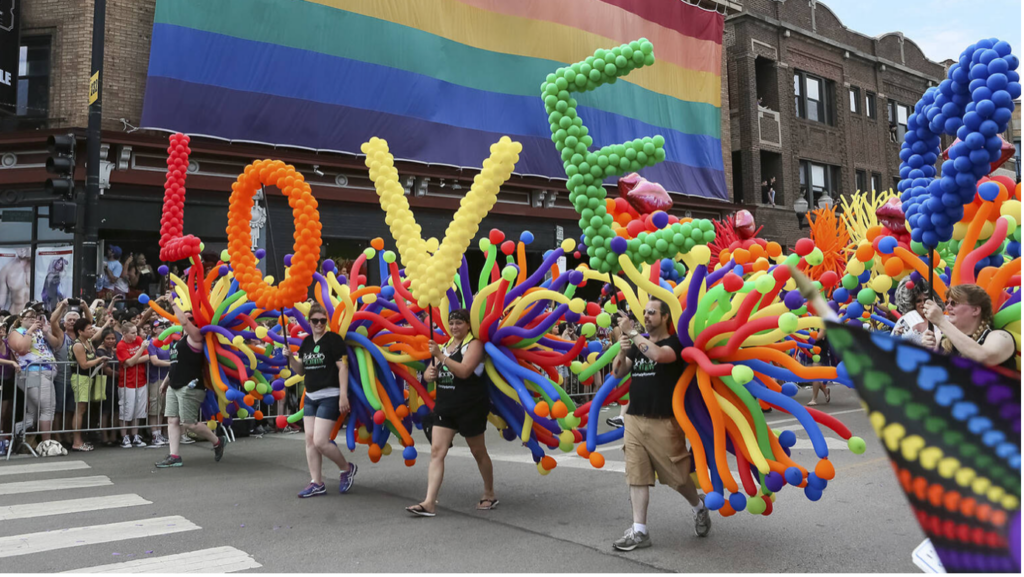
Image via Jordan Avery
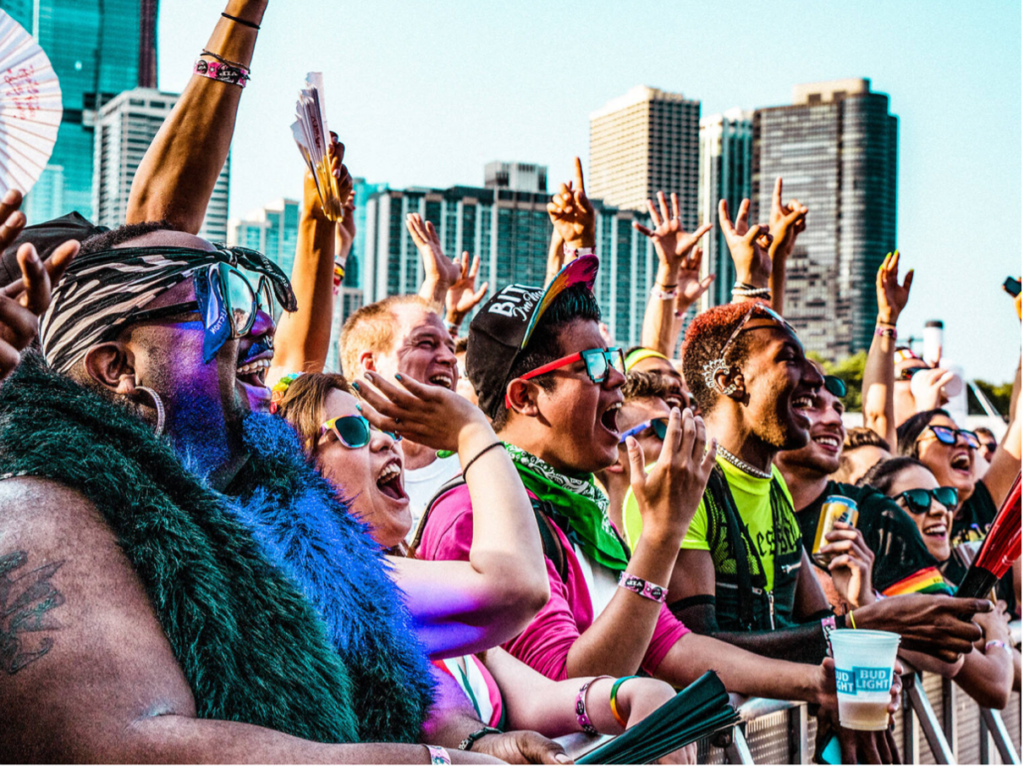
Image via Clinton Bigelow
If you are struggling with your identity, grief, and/or loss, we are here for you. At Evolve Therapy Group, we are affirming of the Queer community. We stand beside you and with you.
Remember to always be proud of who you are.
Sources
Dowd, R. (2022, December 21). LGBT people nine times more likely than non-LGBT people to be victims of violent hate crimes. Williams Institute UCLA School of Law. https://williamsinstitute.law.ucla.edu/press/lgbt-hate-crimes-press-release/
Hernandez, G., Hernandez, G., Agee, S., Agee, S., TalkDeath, & TalkDeath. (2021, June 2). LGBTQ memorials and monuments around the world. TalkDeath. https://www.talkdeath.com/lgbtq-memorials-and-monuments-around-the-world/
History.com Editors. (2023, May 8). Pride month 2023: Origins, parades & dates. History.com. https://www.history.com/topics/gay-rights/pride-month
